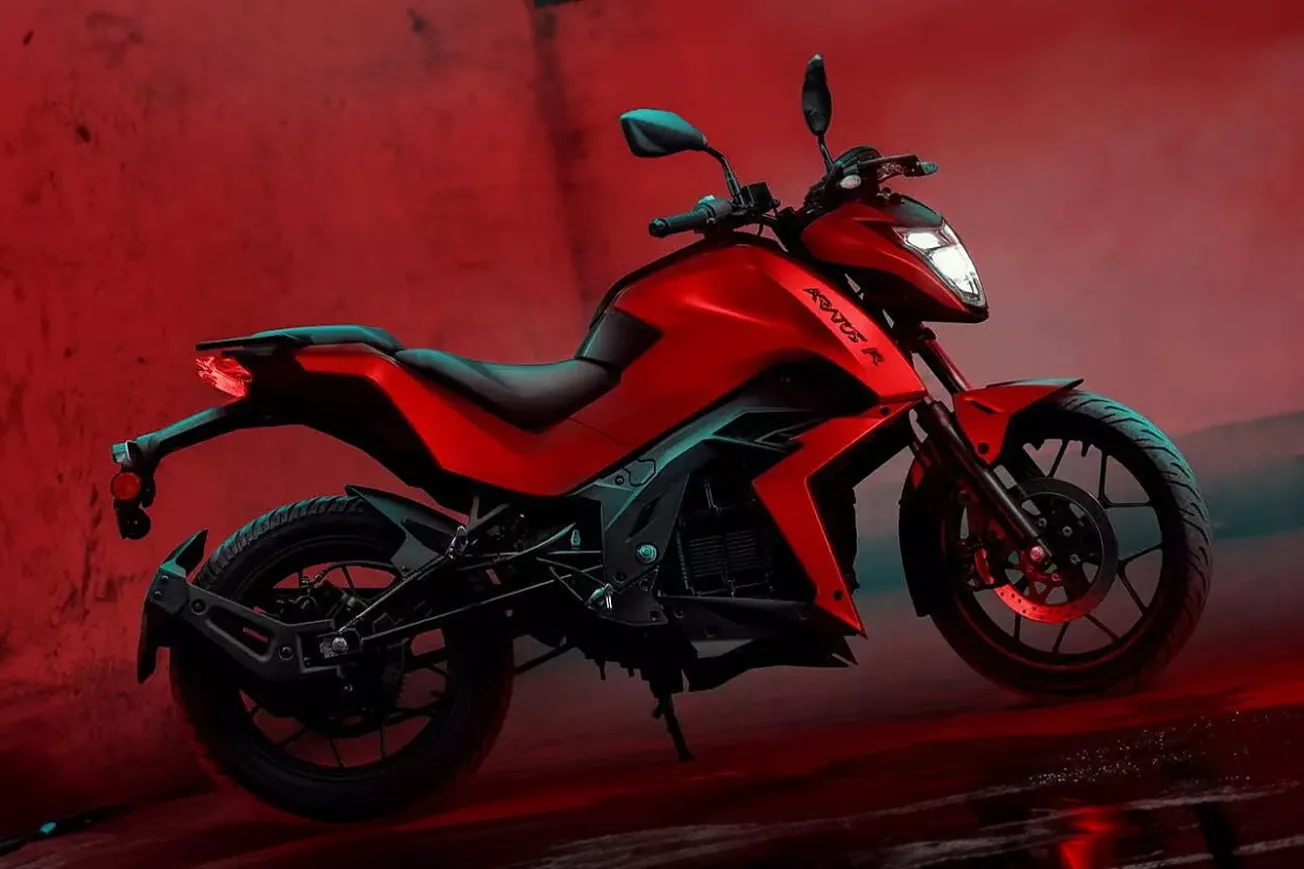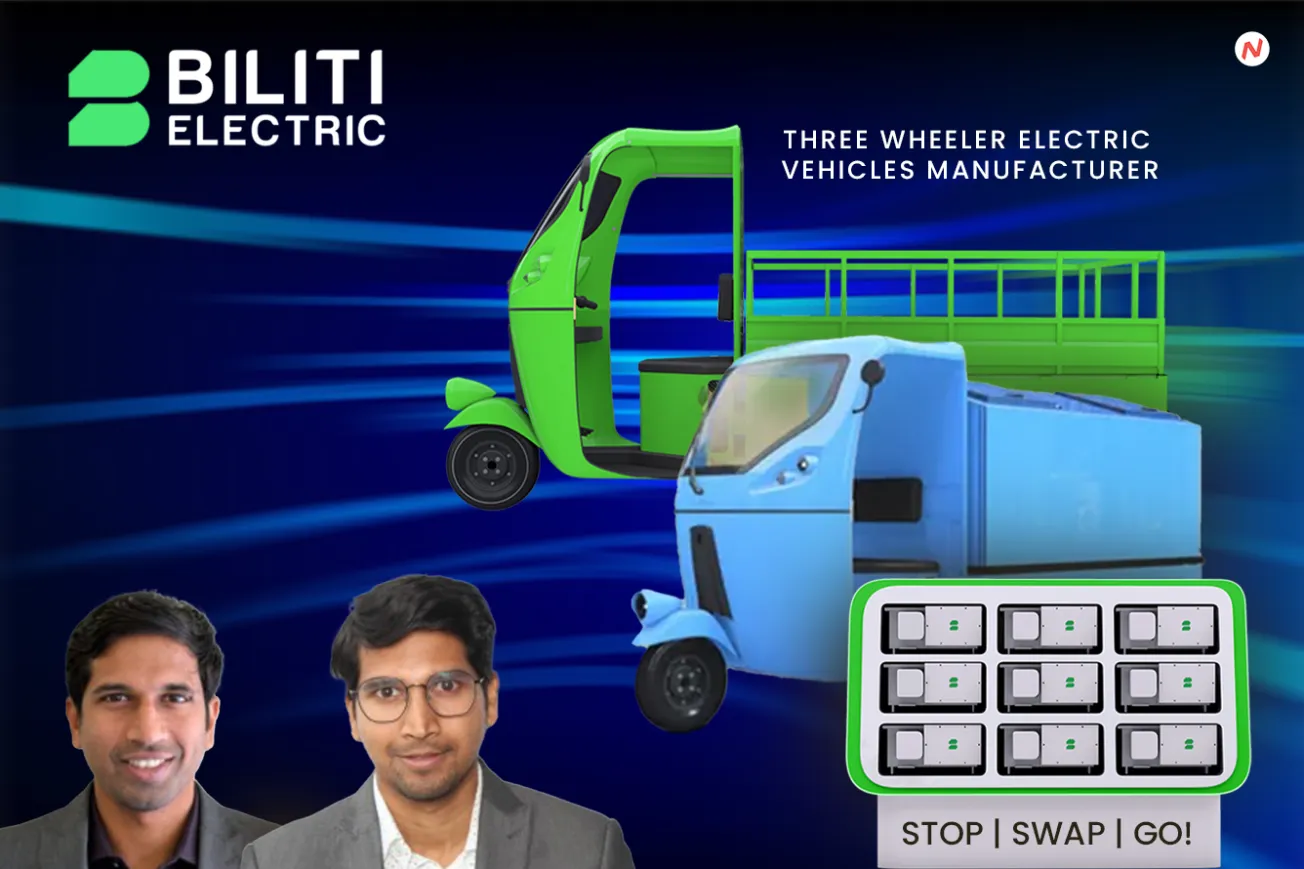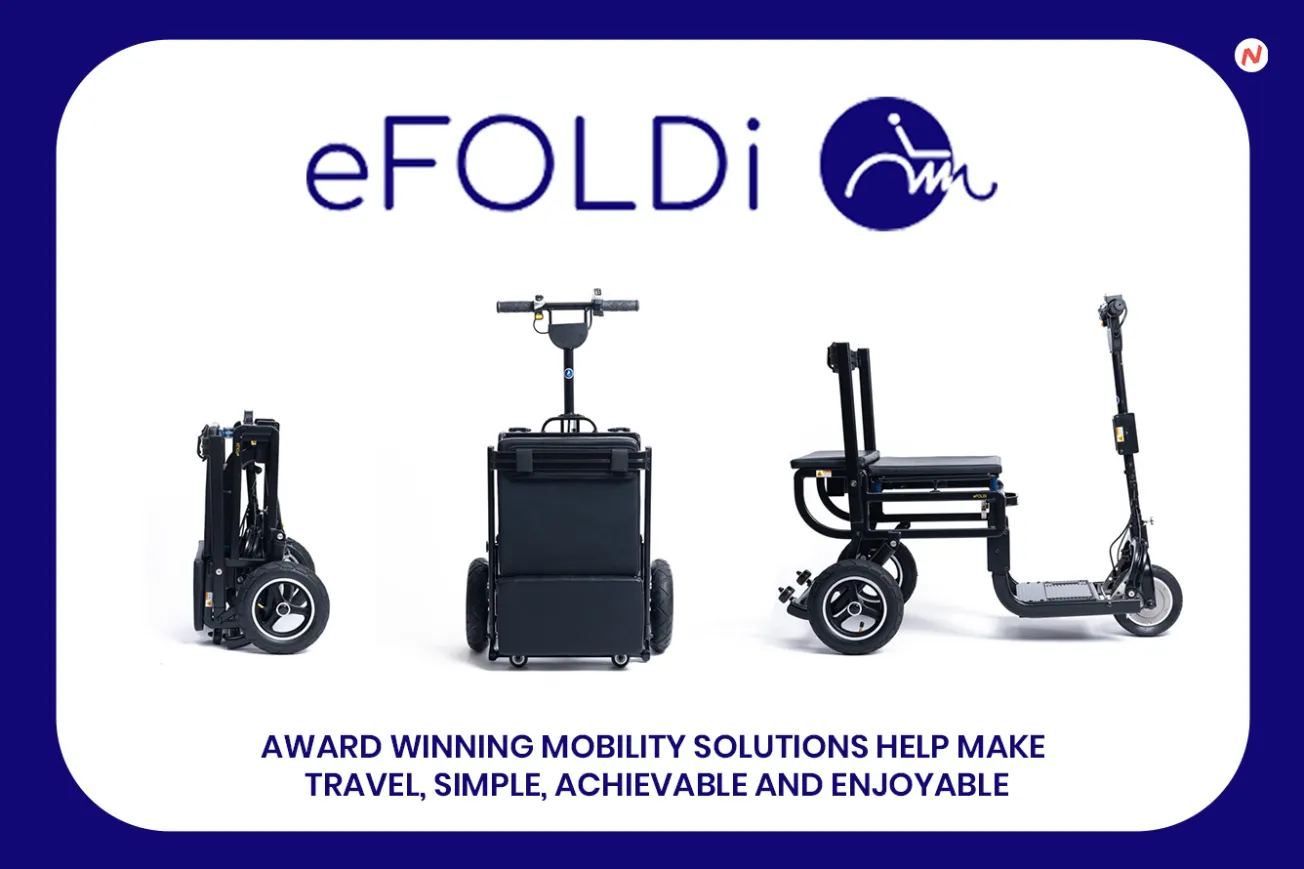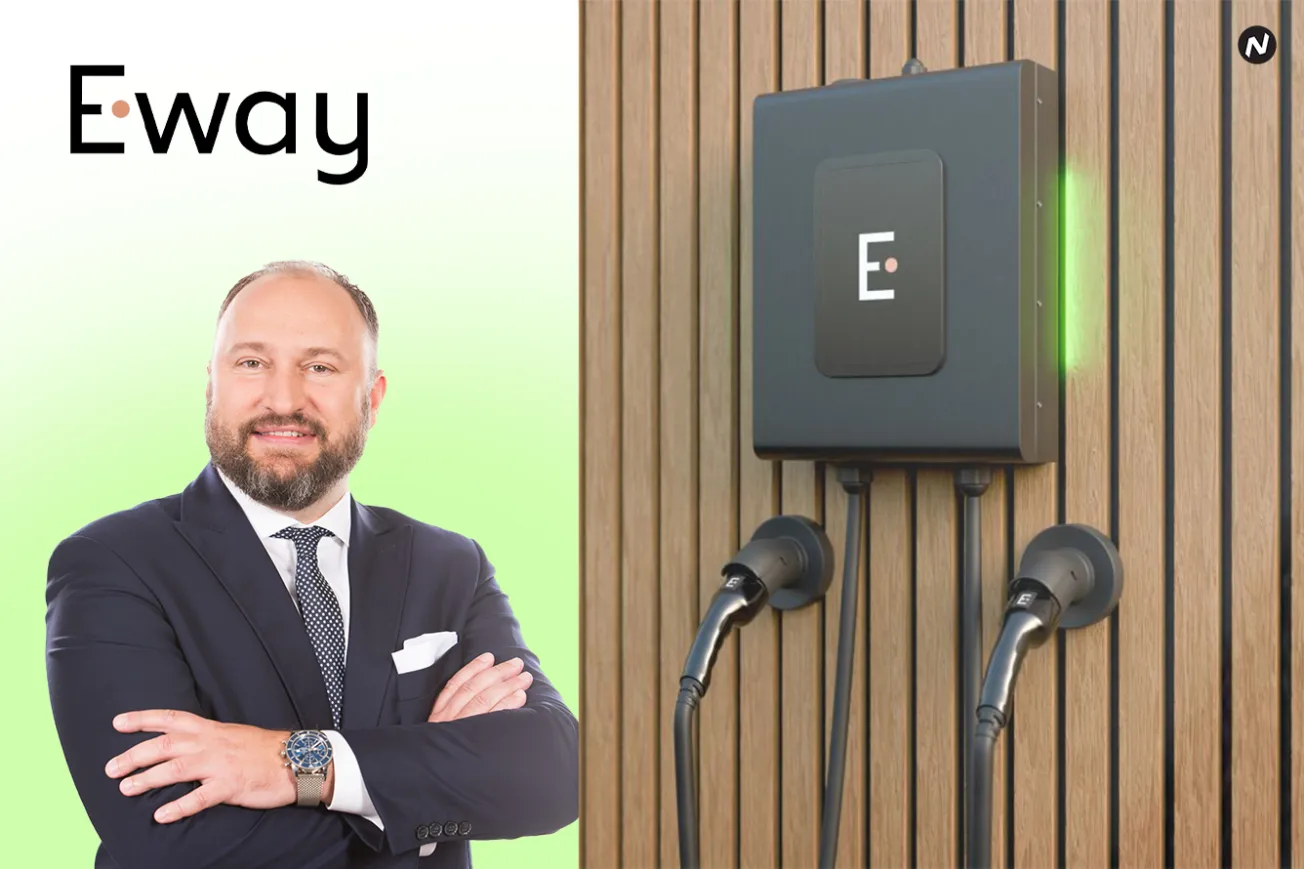- Founded by Kapil Shelke, Tork Motors is now a leading electric motorcycle manufacturer in India. Focusing on using domestic resources and developing efficient electric vehicles like their Kratos R model.
- With a strong presence in the electric three-wheeler market and making strides in the two-wheeler segment; they recently secured funding to expand their dealership network and fast-charging infrastructure.
- Committed to sustainability, Tork Motors partnered with LOHUM for battery recycling and is addressing customer concerns about overheating in their motorcycles.
Fueled by a childhood passion for electric remote-controlled cars, Kapil Shelke founded Tork Motors in 2016. Inspired by ‘The Isle of Man’ races led him to create an electric racing motorcycle suitable to race there.
Tork Motors (then Tork India), quickly made its mark on the international stage, achieving podium finishes at the prestigious Isle of Man TT Electric GP.
Today, Tork Motors is a Pune-based e-bike startup dedicated to developing innovative and efficient electric vehicles for the Indian market. Their flagship model, the Kratos R, boasts an impressive 180 km range and cutting-edge features.
With a commitment to "Make/Develop in India for the world." They focus on using domestic resources and developing their proprietary technology, like their highly efficient Axial Flux motor, which is powerful and compact.
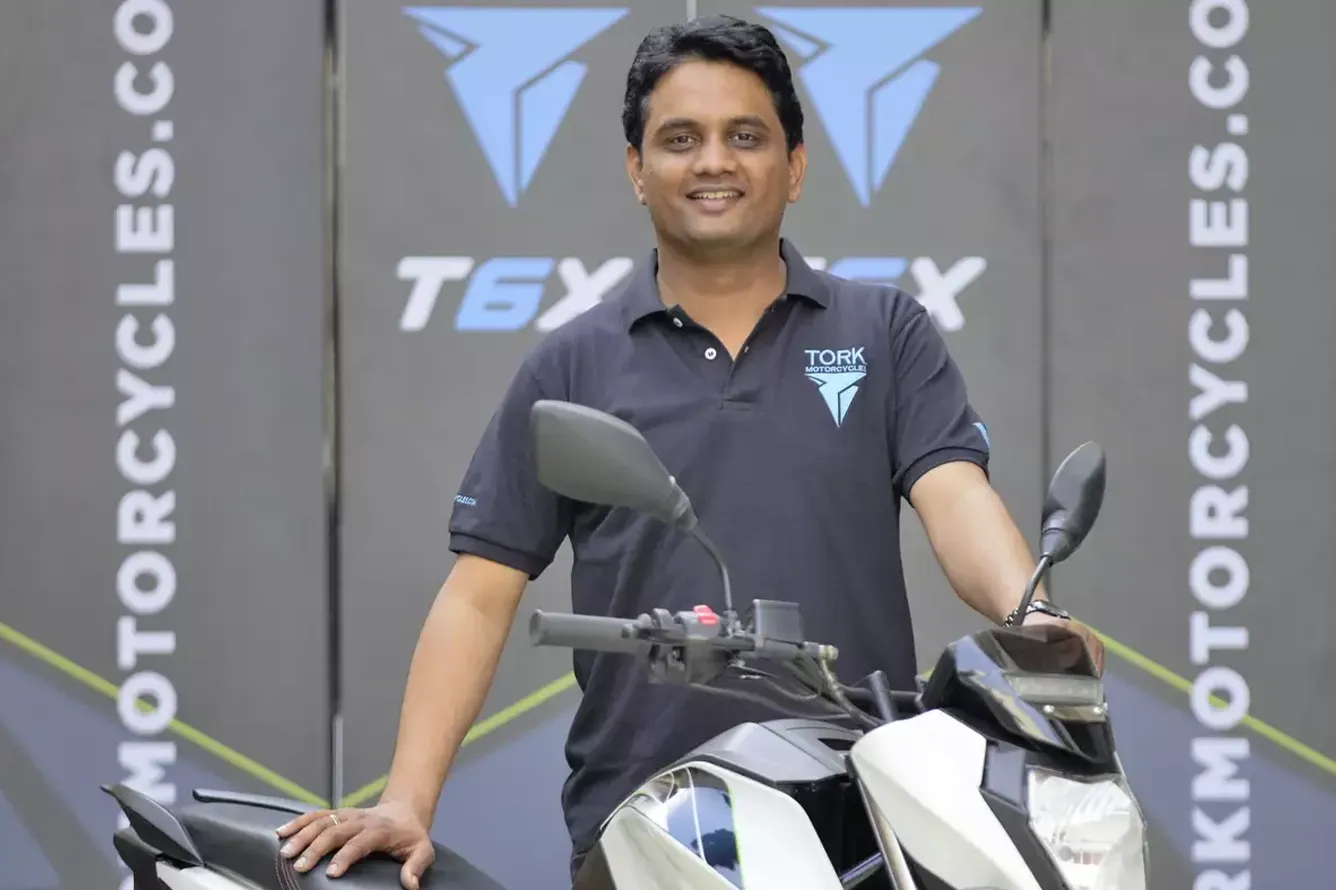
Accelerating Growth
Tork Motors has wasted no time cementing its position in the Indian EV market since it began. Backed by powerful giants like Bharat Forge, Ratan Tata, and Bhavesh Aggarwal as investors; they've carved a niche for themselves as an electric motorcycle manufacturer and as a supplier of powertrains to prominent electric three-wheeler OEMs.
Boasting a strong revenue, owing to its electric two-wheeler sales and its role as a powertrain supplier for electric three-wheelers; Tork Motors has established partnerships with significant members of the electric three-wheeler domain, like Greaves, Okaya Baxy, and Omega Seiki Mobility.
The company prioritizes research and development dedicating a major part of their workforce to innovation. Their R&D focus is more evident in their scalable motor design, allowing them to adapt to different vehicle types.
With the $10 million they raised in 2022, Tork Motors established a manufacturing capacity of 500 electric two-wheelers per month; which received a positive response, resulting in over 4,800 bookings for their electric motorcycles.
While the three-wheeler market is under Tork's spotlight, they have their sights set on the two-wheeler market with their Kratos motorcycle.
Addressing customer feedback, Tork developed a new, portable charger that is smaller and faster. They also plan to reintroduce the affordable Kratos model and introduce a new iteration of the Kratos X motorcycle.
Acknowledging that the media's rigorous testing pushes the boundaries of everyday use, which raised overheating concerns, they've ensured the motorcycle performs well under a wider range of conditions.
E-charging forward in 2024
Showing no signs of slowing down, Tork Motors has already hit the ground running in 2024.
Adding another feather to the cap, the company secured a strategic partnership with LOHUM, a leading lithium-ion battery recycler; this ensures environmentally responsible battery disposal for their Kratos R motorcycles.
This collaboration aligns with India's waste management regulations and promotes a circular economy for battery materials.
On a financial front, Tork Motors stands even taller after securing a fresh round of funding of $6 million from Marxis Capital. They witnessed a surge in revenue, jumping from Rs 4.5 crore in FY22 to Rs 35.5 crore in FY23.
Partnering with Bolt.Earth to provide 30,000 charging points across India they hope to reduce range anxiety and encourage potential buyers to switch to electric motorcycles.
On the road ahead, Tork Motors looks to expand its dealership network across India with a target of 100 Experience Zones by the end of the year; maintaining focus on sustainability, affordability, and infrastructure development.
Edited By Annette George

